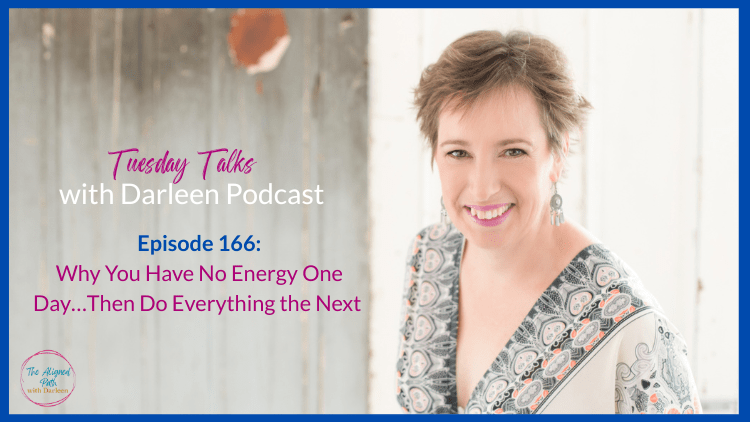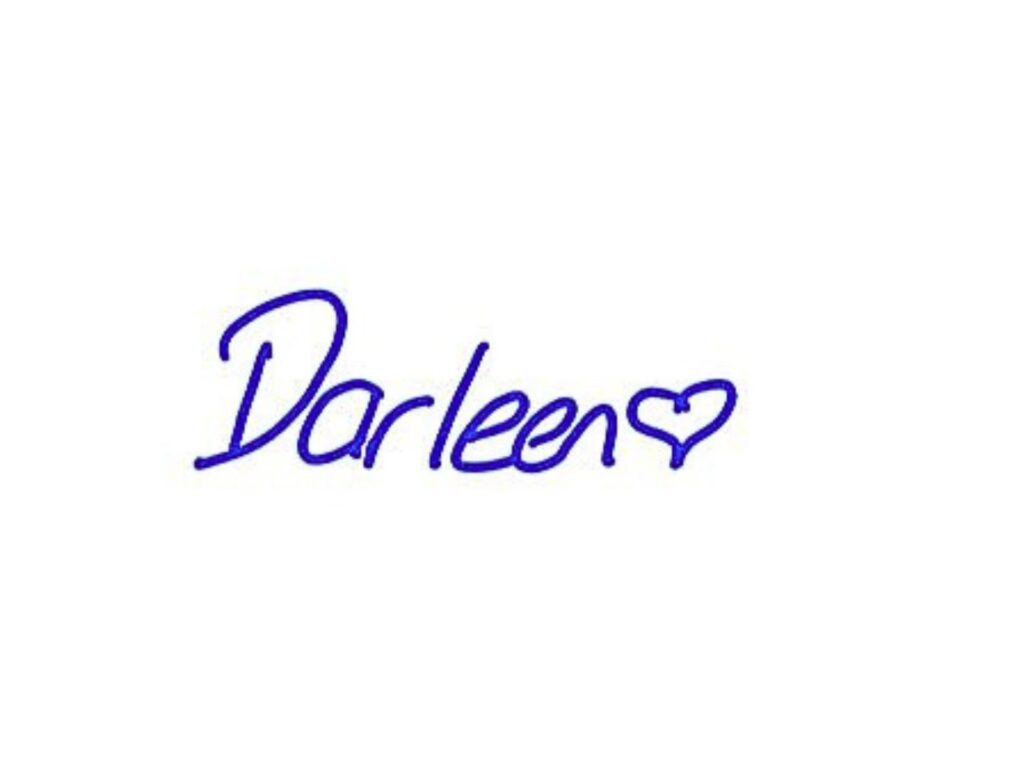This has come up so many times in my own life and in conversations with clients, the confusion and self-judgment that shows up when one day you’re full of energy, crossing off every to-do, and the next you can barely send an email. It can feel like something’s wrong. But it’s not wrong, it’s rhythm.
In this piece, I explore energy flow, not as a productivity metric, but as a relationship with your body. These are not just ideas. They are invitations to slow down, reflect, and lead from truth.

EPISODE 166: Listen using the player below, or click the links to your fave platform to subscribe and listen over there:
Your body is not a robot
It’s not supposed to run at full speed every day. Your energy moves in waves. Some days it flows freely—you feel lit up, focused, alive. And other days, everything feels heavy or still.
This doesn’t mean something’s broken. It means your energy is cycling, and your job is to notice what it needs, not override it.
-
High-energy days can feel magical, but they’re not a standard you have to meet. They’re just one part of the rhythm.
-
Quiet days are not empty. They’re integrating, composting, preparing. They hold value, even if you don’t have anything visible to show for them.
-
Expecting the same level of output every day sets you up to feel like you’re failing—when really, you’re just human.
When I started tracking my own rhythms, I realised my best work happens before 2pm. After that, I honour my own pattern. I don’t book evening calls. I don’t force productivity late in the day. That’s not resistance—that’s self-knowledge.
Rest is part of the work
There’s a deeper process that happens when we pause. Even when it looks like “nothing” is happening, your nervous system may be recalibrating. Your ideas may be taking root. Your emotions might be asking to be felt.
We’ve been taught to judge rest as unproductive. But in truth, rest is deeply active.
Think of it like composting: the breakdown is necessary for the bloom.
-
Sometimes your clearest ideas need time to land. If you rush into action, you might miss what they were really trying to show you.
-
Not every idea is meant to be acted on immediately. Some are meant to be held. Some are for later.
-
When you treat rest as part of the rhythm—not a disruption—you build resilience.
This is something I learned the hard way. Burnout isn’t just about doing too much—it’s about ignoring your signals for too long. Now, I let the quiet days be part of the plan.
High-output days are beautiful—but they’re not the goal
It feels incredible when you’re in flow—when everything aligns and you get so much done. Those days are gifts. But they don’t have to be your baseline.
You’re not more valuable because you do more. Your business isn’t more worthy because it looks busier. What matters is that you’re working in a way that supports your whole self, not just your output.
-
If you expect yourself to perform at peak every day, you’ll crash. I’ve been there. That model doesn’t work.
-
Your business has energy too. It also needs rest, recalibration, and gentleness.
-
Building systems for low-energy days—like pre-written emails or soft admin routines—creates consistency without pressure.
What matters is that you keep coming back to your work in a way that feels honest. You get to do this your way, in your rhythm, at your pace. That’s what sustainability looks like.
Final Reflections
Wherever this meets you—on a day of momentum or stillness—I want you to remember: your body is wise. Your energy is not a problem. The way it flows is not inconsistent. It’s cyclical, like everything alive.
You’re not behind. You’re not too much. You’re not not enough.
You’re in rhythm.
Here for the links that may have been referenced in the show or is complementary to this episode.
- Podcast – Ep 159 When No One Shows Up. The Power of Being Consistent
- Podcast – Ep 148 The Power Of Vibrating At A Higher Frequency
- Podcast – Ep 133 What Does Connection Mean For Your Journey
More in-depth content and resources:




